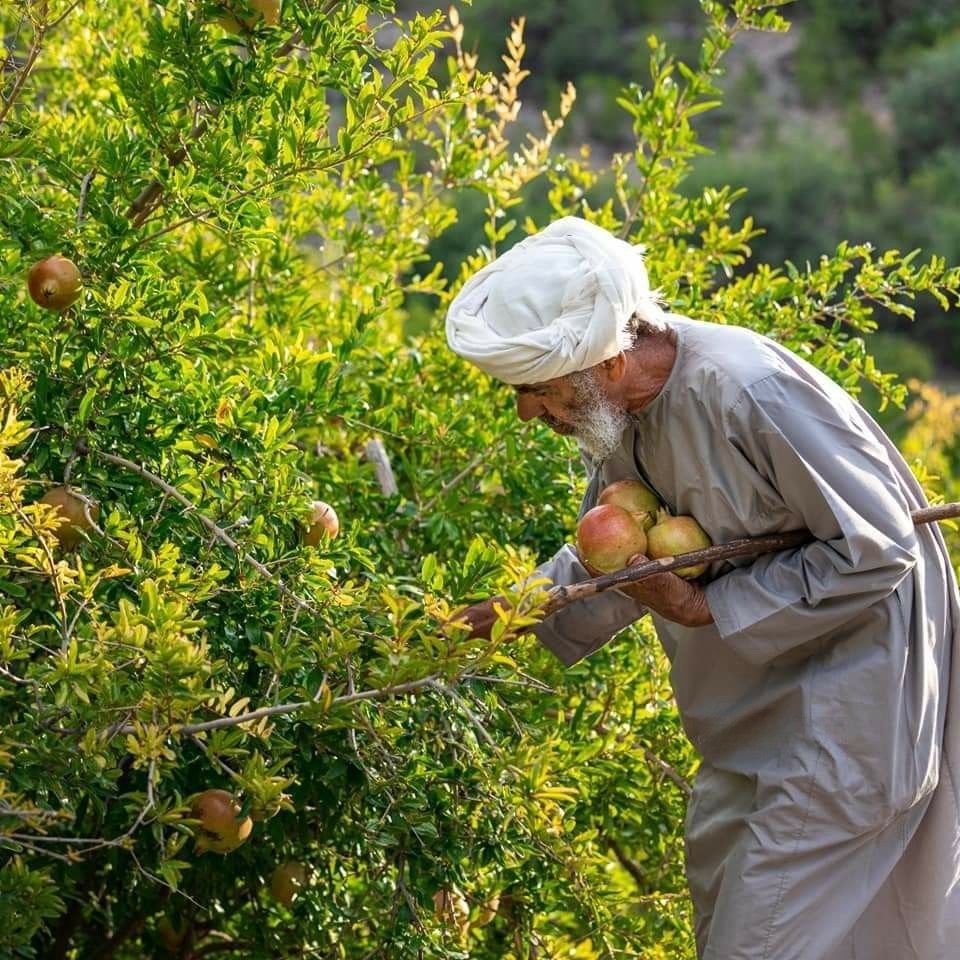In the orchards of Punjab, where generations have depended on fruit harvests to make ends meet, the impact of federal taxation is not just a distant fiscal issue; it’s a daily blow to livelihoods
Lahore (Pakistan Point News - 26th May, 2025) In the orchards of Punjab, where generations have depended on fruit harvests to make ends meet, the impact of federal taxation is not just a distant fiscal issue; it’s a daily blow to livelihoods. What began as a 20% federal excise duty slapped onto the formal packaged juice sector, compounded by an 18% general sales tax, has rippled outward in ways few policymakers anticipated. Juice companies, once the backbone of pulp procurement and a dependable buyer of surplus fruit, are buckling under a 42% tax load. For Punjab’s rural belt, this isn’t about juice anymore; it’s about survival.
With the formal juice industry in a tailspin, sales plunging 45% from PKR 72 billion to just PKR 42 billion, the fallout is being felt far from the aisles of urban supermarkets. Farmers who once sold their mangoes, kinnows, and guavas to processors now watch their produce rot in bulk. Procurement has slowed to a crawl. Mango intake alone has shrunk from 31,000 tons to just over 20,000 tons. In a province where post-harvest infrastructure is nearly nonexistent, this slump has been catastrophic. The fruit doesn’t wait — it bruises, it spoils, and with it goes the farmer’s only shot at fair returns.
This was a supply chain that worked. Juice manufacturers had not only guaranteed demand but had also invested in their growers, training them in better practices, paying fairer prices, and acting as a buffer when fresh markets crashed during peak harvests. That relationship is now crumbling. Factories, unable to sustain operations under the current tax regime, have suspended production for months at a time. Farmers, left in the lurch, are being forced to sell to exploitative middlemen or watch the season’s labor melt into the ground.
Meanwhile, the collapse of the formal sector has fueled the rise of an unregulated, informal beverage market—cheap, unaccountable, and untaxed. These fly-by-night operations are crowding store shelves with synthetic concoctions, driving consumers away from safer, nutrition-rich juice options. Not only does this hurt public health, but it also robs the government of the very revenue the high FED was meant to generate.
But this isn’t just an economic miscalculation; it’s a rural crisis in motion. In Punjab’s villages, where access to stable markets defines household incomes, the disappearance of the juice industry is more than a statistic. It’s a silent unraveling of rural resilience. The tax policy that aimed to boost collections is instead bleeding the formal sector dry and handing market control to the untraceable and the unregulated.
And still, the industry isn’t calling for sweeping reforms, only a modest 5% reduction in the FED. Enough to reopen factories, resume procurement, and restore hope to thousands of farmers waiting for trucks that never came this season. Without it, Punjab’s fields may still bear fruit, but with no one left to buy, it’s not just orchards that will wither, it’s entire livelihoods.




